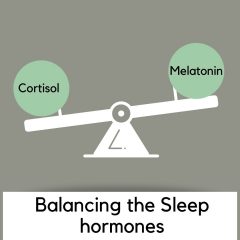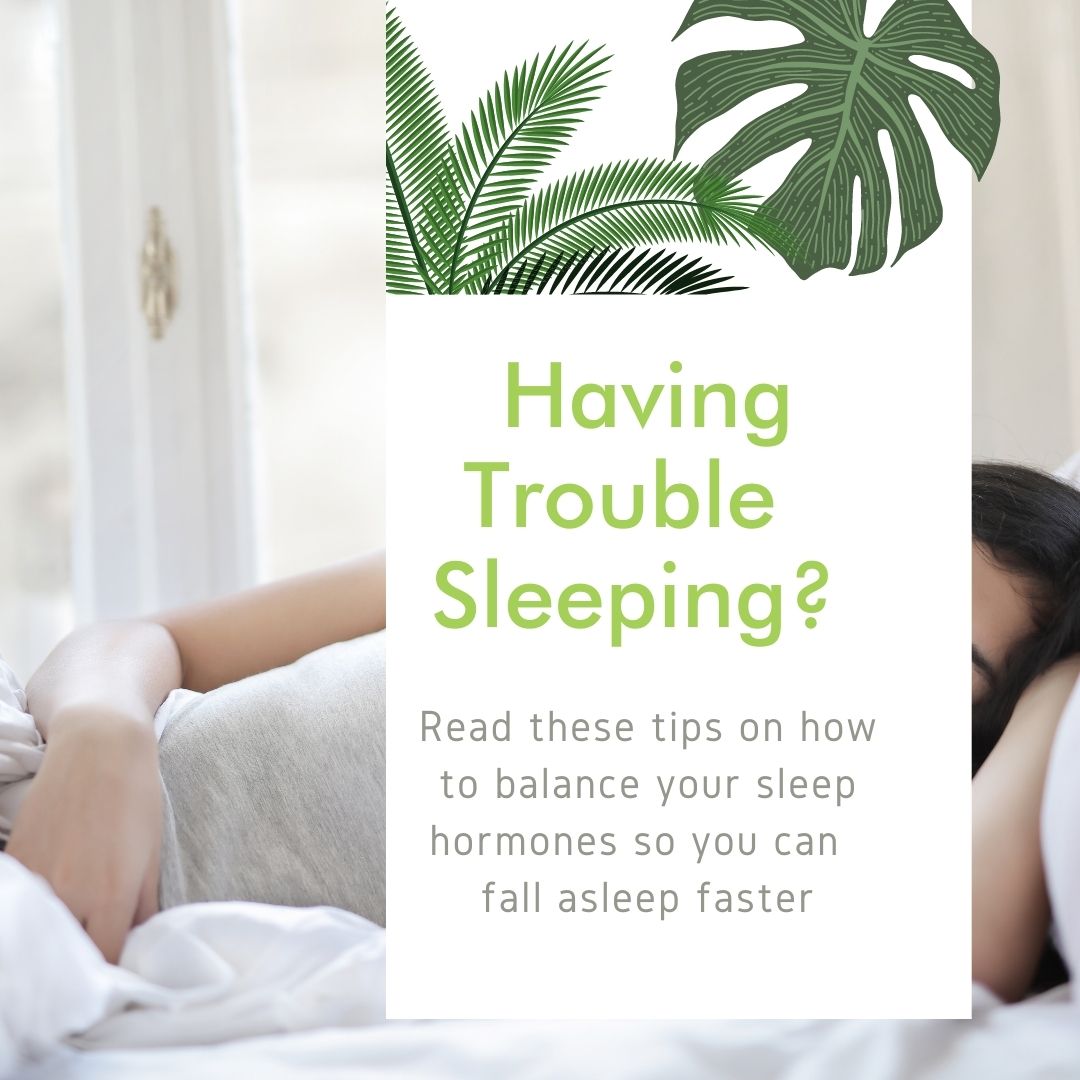What can I take to help me sleep?
It’s a question we commonly get asked in the pharmacy.
The answer to the question is not as simple as you may think
The first thing we need to identify is why you are having trouble falling asleep in the first place.
When it comes to the sleep/awake cycle there are 2 hormones that play a very important role here.
The balance of these 2 maintains the circadian rhythm which allows us to fall asleep & stay asleep at night and wake up and be alert in the morning.
These 2 hormones are
MELATONIN & CORTISOL
Ideally our cortisol levels go up in the morning to allow our bodies to feel awake and ready to move. Our melatonin levels start going up in the evening once it’s dark to allow us to feel drowsy and fall asleep.
The body has been designed perfectly to follow this circadian rhythm.
BUT LIFE HAPPENS & OUR HORMONES GO OUT OF BALANCE
Stress and an active mind prevents the cortisol to drop in the evening which prevents melatonin to increase because these 2 hormones are in an inverse relationship (like in a see-saw)

So to help us sleep we need,
DECREASED CORTISOL & INCREASED MELATONIN
Before we talk about supplements to help with sleep (next blog post) I would like to talk about lifestyle changes you can try to help achieve the above goal.
You can decrease the Cortisol levels in the body by trying some Relaxation techniques in the evening.
- Diffuse some essential oils such as lavender whose aroma is known to induce a calming effect on the mind.
- Listen to calming music or nature sounds to help the body relax
- Drink a warm cup of chamomile tea or other relaxing herbal teas
- If there is a lot on your mind, try something called a “mind dump”. Journal out all your thoughts onto a piece of paper to allow those energies to leave your mind
- Try listening to a guided meditation to calm the mind down. I have used an app called CALM that can be downloaded onto your phone or iPad. It has many 5-10 minutes meditations that are free
- Use a weighted eye pillow to help relax the eyes when you lie down for sleeping. A weighted eye pillow with lavender has the added benefit of turning on the relaxation response of the body.
You can also increase the Melatonin levels in the evening by trying these things
- Get some morning sun either by going out or sitting by the window for 20-30 minutes. Daytime sun promotes the production of melatonin in the evening.
- Dim the lights in the room in the evening. Darkness promotes the production of melatonin
- Drink ¼ cup of tart cherry juice in the evening which naturally contains melatonin (it contains sugar so avoid it if you are diabetic)
- Pistachios are high in melatonin, so a handful of pistachios are a good evening snack
- If you are not sensitive to dairy, drink a warm cup of milk as milk is also high in melatonin.
- Turn off electronics & TV 2 hours before bedtime. The blue light from these devices is known to disrupt melatonin production.
- If you can’t stay off the electronics, then invest in a good pair of blue light eyeglasses that would filter out the blue light. Put them on as soon as the sun goes down.
These are some lifestyle changes you can try to bring your circadian rhythm back into balance.
If you struggle sleeping through the night, then there maybe something else at play. If you get pain or restless leg syndrome that is causing insomnia, then the solution may be different for you.
If you would like to book a disease/medication review with me to help you figure out what could be causing your sleep issues, then let me know by emailing me at aziza@thepure.ca I would be happy to sit down with you and discuss this further. These reviews are complementary for clients of the pharmacy.
Stay tuned for part 2 of the sleep blog where I will talk about some natural supplements as well as medications that can be used to relieve insomnia

